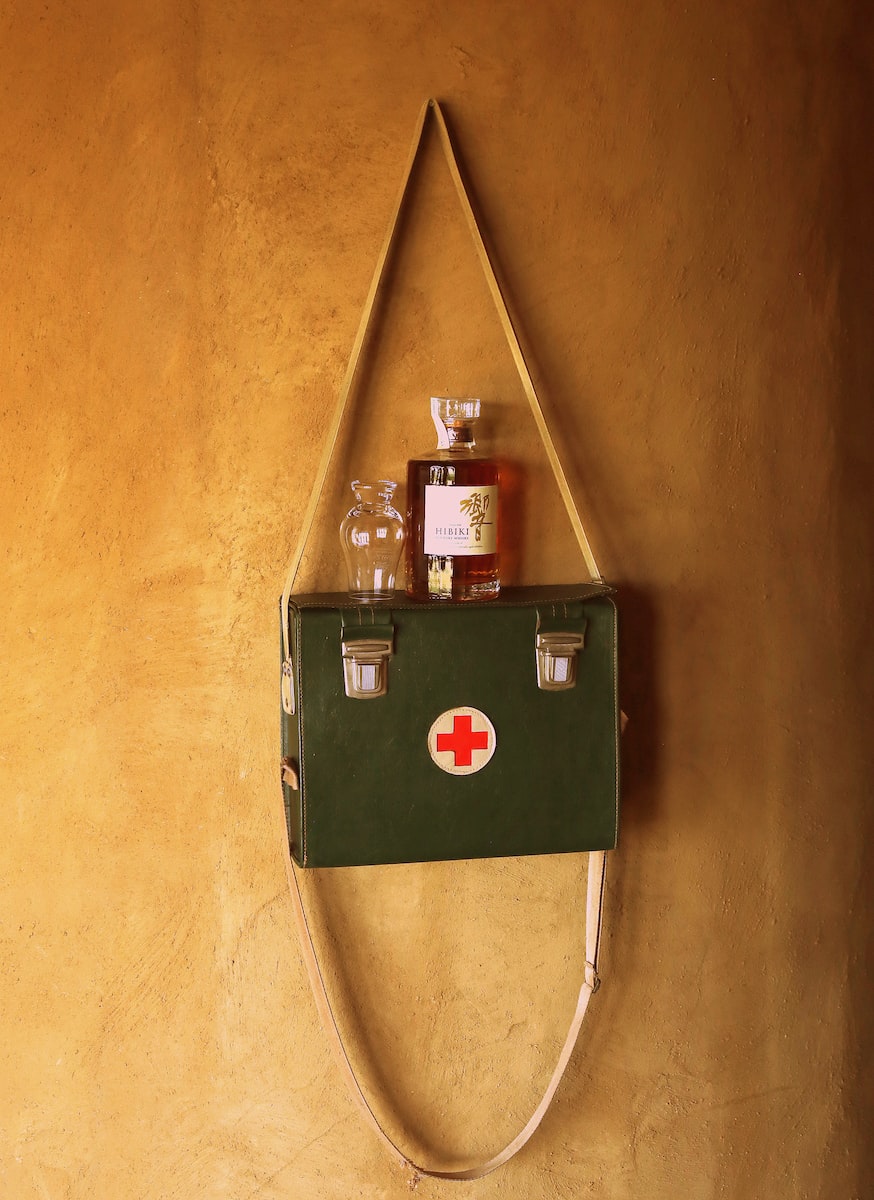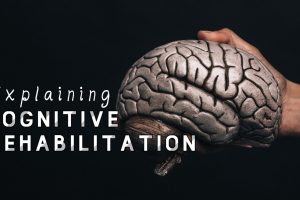Emotional First Aid

What is Emotional First Aid?
Emotional First Aid is a set of life skills used by lay citizens and emergency responders to provide the support a person who is emotionally shocked needs immediately following a crisis event (Trauma Intervention Program, 2016).
Very few of us see emotional cuts and grazes in the same way as we do a physical injury, but that is a mistake. Winch (2013a) states that we sustain emotional traumas, like rejection or failure, even more regularly than we do physical ones, and, like physical wounds, they can get worse when we don’t treat them. This can impact on our daily and long-term functioning and happiness. By treating these battle scars when we sustain them, we can heal more quickly and minimise their negative impact on our lives.
Emotional Crisis as Universal Experience
Emotional crisis is a universal experience. It can happen to anyone, at any time. When we are exposed to this extraordinary situation, we develop amazing and creative ways to protect ourselves; to onlookers, these protective mechanisms may look very odd, even “crazy”. To us, they have meaning (Emotional CPR, 2015).
Common Psychological Injuries We Sustain in Daily Life
We don’t rush to the doctor every time we have a cough, a scrape, or a bad stomach. We usually treat such things in our homes. Of course, if we don’t get better, we might end up going to the doctor at some point, but the vast majority of time, we are perfectly able to nurse ourselves back to health without professional medical intervention. The same is true when it comes to small psychological injuries. If we apply emotional first aid when we sustain a psychological injury, we should be able to nurse ourselves back to emotional health without the assistance of a mental health professional. The common psychological injuries that might require emotional first aid are described below (Winch, 2013b).
1. Rejection: We get rejected all the time, by dating partners, employers, friends, and spouses. Rejections are the emotional cuts and scrapes of daily life.
2. Failure: We frequently fail to attain our goals, to pass tests in school, or to complete tasks we set for ourselves. Failures are like emotional colds that when left untreated, can turn into psychological pneumonias.
3. Loneliness: We all have periods in which we feel lonely, as though our existing relationships are not fulfilling our emotional needs. The problem is that the longer we feel lonely and disconnected, the weaker our ‘relationship muscles’ become.
4. Loss: We regularly experience losses in life; when relatives pass away, a friend moves out of town, our kids leave home, or our favourite pet dies. How we rebuild our lives after a loss can determine whether we emerge emotionally stronger from the ordeal, or psychologically weaker.
5. Brooding and rumination: It is easy to get caught in cycles of brooding and ruminating in which we feel a compelling urge to stew on sad or angry feelings and find it difficult to think of anything else. But doing so is like picking on our emotional scabs–it doesn’t allow them to heal.
6. Guilt: We spend several hours a week experiencing mild to moderate guilt which when excessive, can hijack our attention and make it difficult for us to concentrate on our work and responsibilities. Lingering guilt can posion our most cherished relationships and sometimes, impact entire families.
7. Low self-esteem: We often experience bouts of low self-esteem—days in which we feel incredibly low and self-critical about ourselves and our capacities. Having low self-esteem is like having a weakened emotional immune system–it makes us more vulnerable and more likely to sustain further psychological injury.
Seven Ways to Practice Emotional First Aid
Winch describes the following seven ways to practice emotional first aid (TED, 2015).
Pay attention to emotional pain — recognize it when it happens and work to treat it before it feels all-encompassing. The body evolved the sensation of physical pain to alert us that something is wrong and we need to address it. The same is true for emotional pain. If a rejection, failure or bad mood is not getting better, it means you’ve sustained a psychological wound and you need to treat it. For example, loneliness can be devastatingly damaging to your psychological and physical health, so when you or your friend or loved one is feeling socially or emotionally isolated, you need to take action (TED, 2015).
Redirect your gut reaction when you fail. The nature of psychological wounds makes it easy for one to lead to another. Failure can often drive you to focus on what you can’t do instead of focusing on what you can. That can then make you less likely to perform at your best, which will make you even more focused on your shortcomings, and on the cycle goes. To stop this sort of emotional spiral, learn to ignore the post-failure “gut” reaction of feeling helpless and demoralized, and make a list of factors that you can control were you to try again. For instance, think about preparation and planning, and how you might improve each of them. This kind of exercise will reduce feelings of helplessness and improve your chances of future success (TED, 2015).
Monitor and protect your self-esteem: When you feel like putting yourself down, take a moment to be compassionate to yourself. Self-esteem is like an emotional immune system that buffers you from emotional pain and strengthens your emotional resilience. As such, it is very important to monitor it and avoid putting yourself down, particularly when you are already hurting. One way to “heal” damaged self-esteem is to practice self-compassion. When you’re feeling critical of yourself, do the following exercise: imagine a dear friend is feeling bad about him or herself for similar reasons and write an email expressing compassion and support. Then read the email. Those are the messages you should be giving yourself (TED, 2015).
When negative thoughts are taking over, disrupt them with positive distraction. When you replay distressing events in your mind without seeking new insight or trying to solve a problem, you’re just brooding, and that, especially when it becomes habitual, can lead to deeper psychological pain. The best way to disrupt unhealthy rumination is to distract yourself by engaging in a task that requires concentration (for example, do a Sudoku, complete a crossword, try to recall the names of the kids in your fifth-grade class). Studies show that even two minutes of distraction will reduce the urge to focus on the negative unhealthily (TED, 2015).
Find meaning in loss. Loss is a part of life, but it can scar us and keep us from moving forward if we don’t treat the emotional wounds it creates. If sufficient time has passed and you’re still struggling to move forward after a loss, you need to introduce a new way of thinking about it. Specifically, the most important thing you can do to ease your pain and recover is to find meaning in the loss and derive purpose from it. It might be hard, but think of what you might have gained from the loss (for instance, “I lost my spouse but I’ve become much closer to my kids”). Consider how you might gain or help others gain a new appreciation for life, or imagine the changes you could make that will help you live a life more aligned with your values and purpose (TED, 2015).
Don’t let excessive guilt linger. Guilt can be useful. In small doses, it alerts you to take action to mend a problem in your relationship with another person. But excessive guilt is toxic, in that it wastes your emotional and intellectual energies, distracts you from other tasks, and prevents you from enjoying life. One of the best ways to resolve lingering guilt is to offer an effective apology. Yes, you might have tried apologizing previously, but apologies are more complex than we tend to realize. The crucial ingredient that every effective apology requires — and most standard apologies lack — is an “empathy statement.” In other words, your apology should focus less on explaining why you did what you did and more on how your actions (or inactions) impacted the other person. It is much easier to forgive someone when you feel they truly understand. By apologizing (even if for a second time), the other person is much more likely to convey authentic forgiveness and help your guilt dissolve (TED, 2015).
Learn what treatments for emotional wounds work for you. Pay attention to yourself and learn how you, personally, deal with common emotional wounds. For instance, do you shrug them off, get really upset but recover quickly, get upset and recover slowly, squelch your feelings, or …? Use this analysis to help yourself understand which emotional first aid treatments work best for you in various situations (just as you would identify which of the many pain relievers on the shelves works best for you). The same goes for building emotional resilience. Try out various techniques and figure out which are easiest for you to implement and which tend to be most effective for you. But mostly, get into the habit of taking note of your psychological health on a regular basis — and especially after a stressful, difficult, or emotionally painful situation (TED, 2015).
References
Emotional CPR. (2015). What is eCPR? Retrieved form https://emotional-cpr.org/about- ecpr.htm
TED. (2015, February 26). 7 ways to practice emotional first aid. Retrieved from https://ideas.ted.com/7-ways-to-practice-emotional-first-aid/
Trauma Intervention Program. (2016). What is emotional first aid? Retrieved from http://www.whentragedystrikes.org/what_is_efa.htm
Winch, G. (2013a). Emotional first aid: Practical strategies for treating failure, rejection, guilt, and other everyday psychological injuries. Wollomb, New South Wales: Exisle Publishing.
Winch, G. (2013, July 11b). Improve Your Mental Health by Practicing Emotional First Aid. Retrieved from psychologytoday.com/us/blog/the-squeaky-wheel/201307/improve- your-mental-health-practicing-emotional-first-aid









